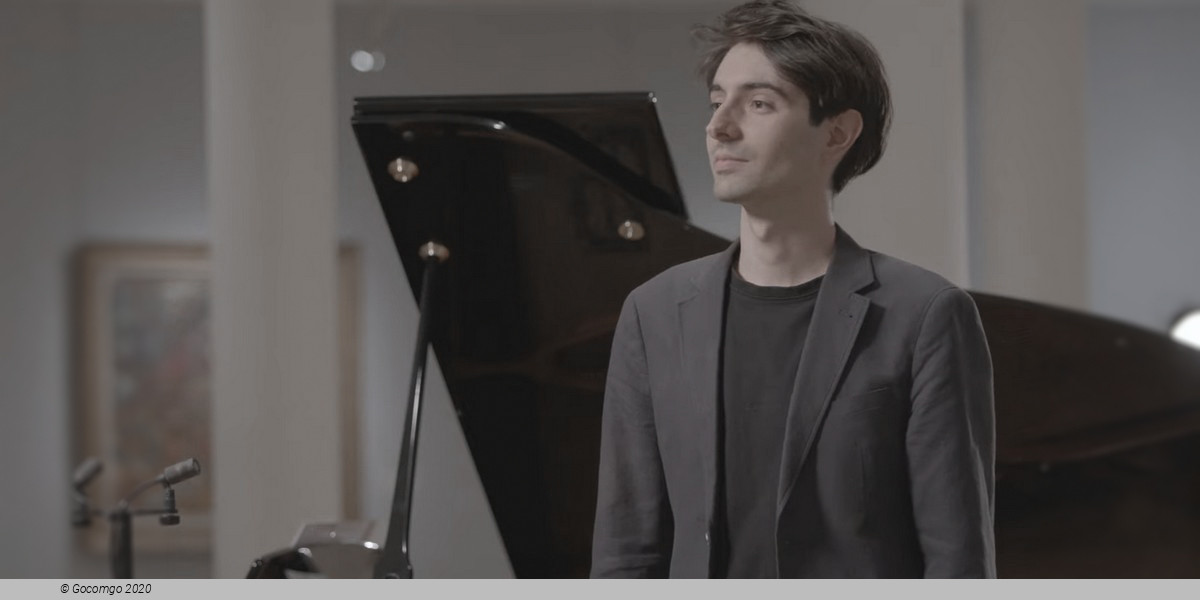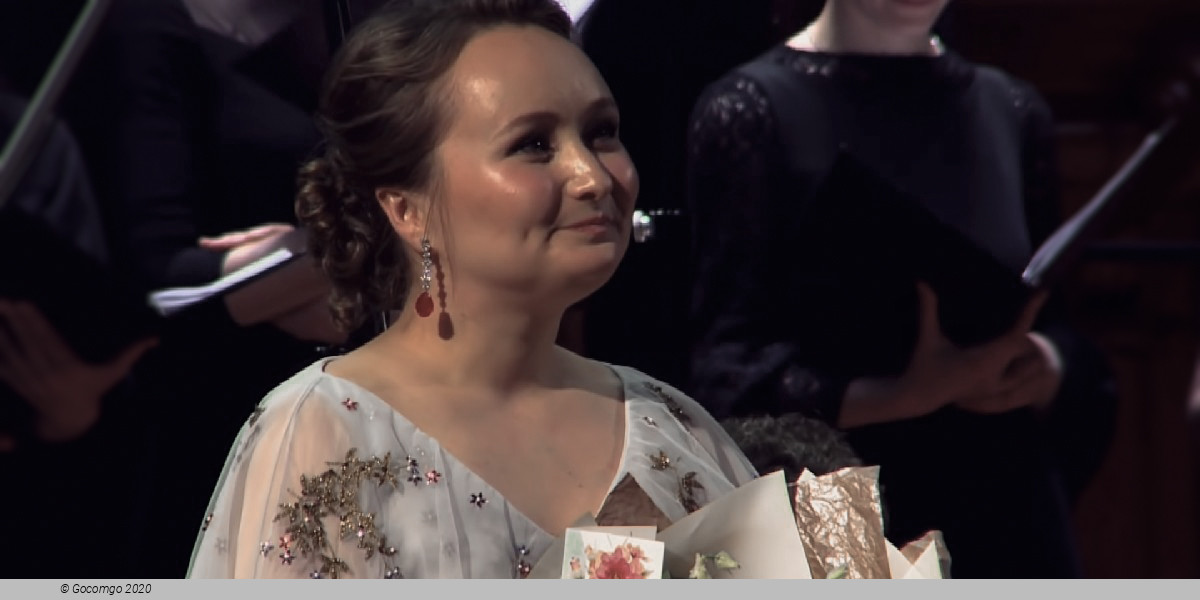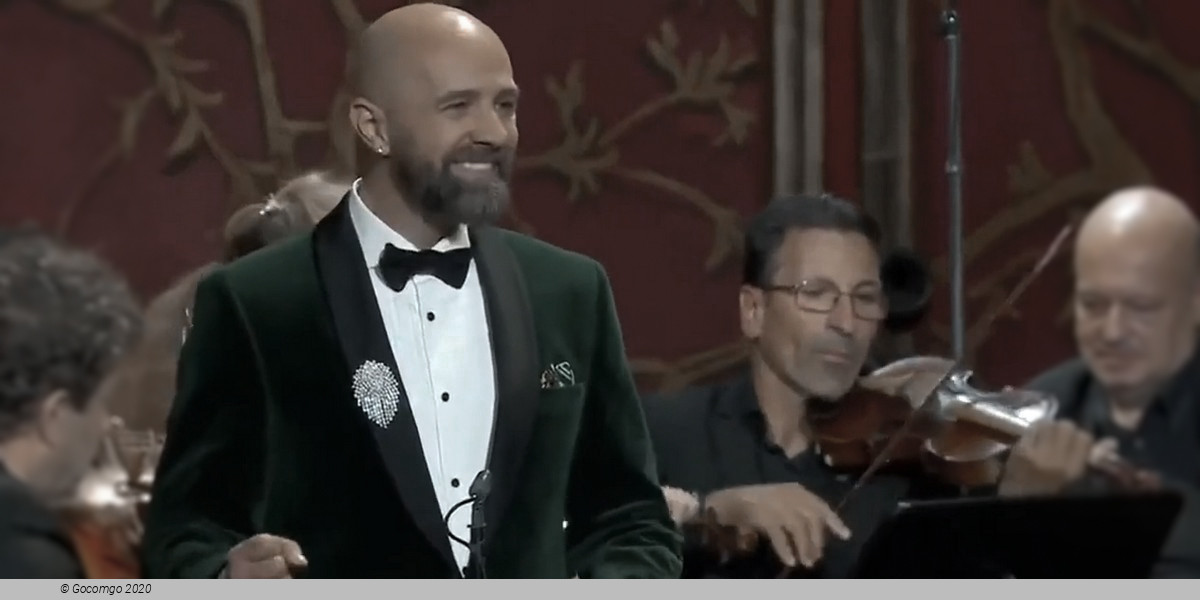The Margravial Opera House is a Baroque opera house in the town of Bayreuth, Germany. Built between 1745 and 1750, it is one of Europe's few surviving theatres of the period and has been extensively restored. On 30 June 2012, the opera house was inscribed in the UNESCO World Heritage List because of its exceptional Baroque architecture.
The Bayreuth Opera House was inaugurated on the occasion of the marriage of their daughter Elisabeth Fredericka Sophie with Duke Charles Eugene of Württemberg. Princess Wilhelmine, older sister of the Prussian king Frederick the Great, had established the margravial theatre company in 1737. In the new opera house she participated as a composer of opera works and Singspiele, as well as an actor and director. Today she features in a sound-and-light presentation for tourists. After her death in 1758, performances ceased and the building went into disuse, one reason for its good conservation status.
More than one hundred years later, the stage's great depth of 27 metres attracted the composer Richard Wagner, who in 1872 chose Bayreuth as festival centre and had the Festspielhaus built north of the town. The foundation stone ceremony was held on 22 May, Wagner's birthday, and included a performance of Beethoven's Symphony No. 9, directed by the maestro.
Parts of the 1994 biopic Farinelli were filmed in the Opera House. The theatre was the site of the annual Bayreuther Osterfestival until 2009. Each September from the year 2000 to 2009, the theatre also hosted the Bayreuth Baroque festival, with performances of early operatic rarities. The 2009 festival included performances of Andrea Bernasconi's festa teatrale, L'Huomo, to a libretto by the Margravine Wilhelmine. Bayreuth Baroque was revived in 2020.
The theatre closed between October 2012 for extensive refurbishment and redevelopment and reopened 12 April 2018.
The Margravial Opera House is modelled on Italian loge theatres of the period. The fully preserved tiers of loges made primarily of wood and canvas are installed as a free-standing construction within the stone exterior. The interior of the theatre was constructed in record time with some of the wooden architectural elements and sculptures prefabricated and painted elsewhere. Thus a masterpiece of ephemeral festival architecture was completed from 1744 until 1748 in under four years.
The restoration that took place from 2013 to 2018 re-established the original light and airy atmosphere of the illusionist painting in the auditorium with its overwhelming three-dimensional effect.
The auditorium and stage form a single unit. The large stage portal framed by columns at the rear of the auditorium faces the court loge. The sculptures decorating the loge, like those above the stage, glorify the Hohenzollern dynasty and the founders of the theatre, Margrave Friedrich and Margravine Wilhelmine of Brandenburg-Bayreuth.





 Opernstraße 14
Opernstraße 14